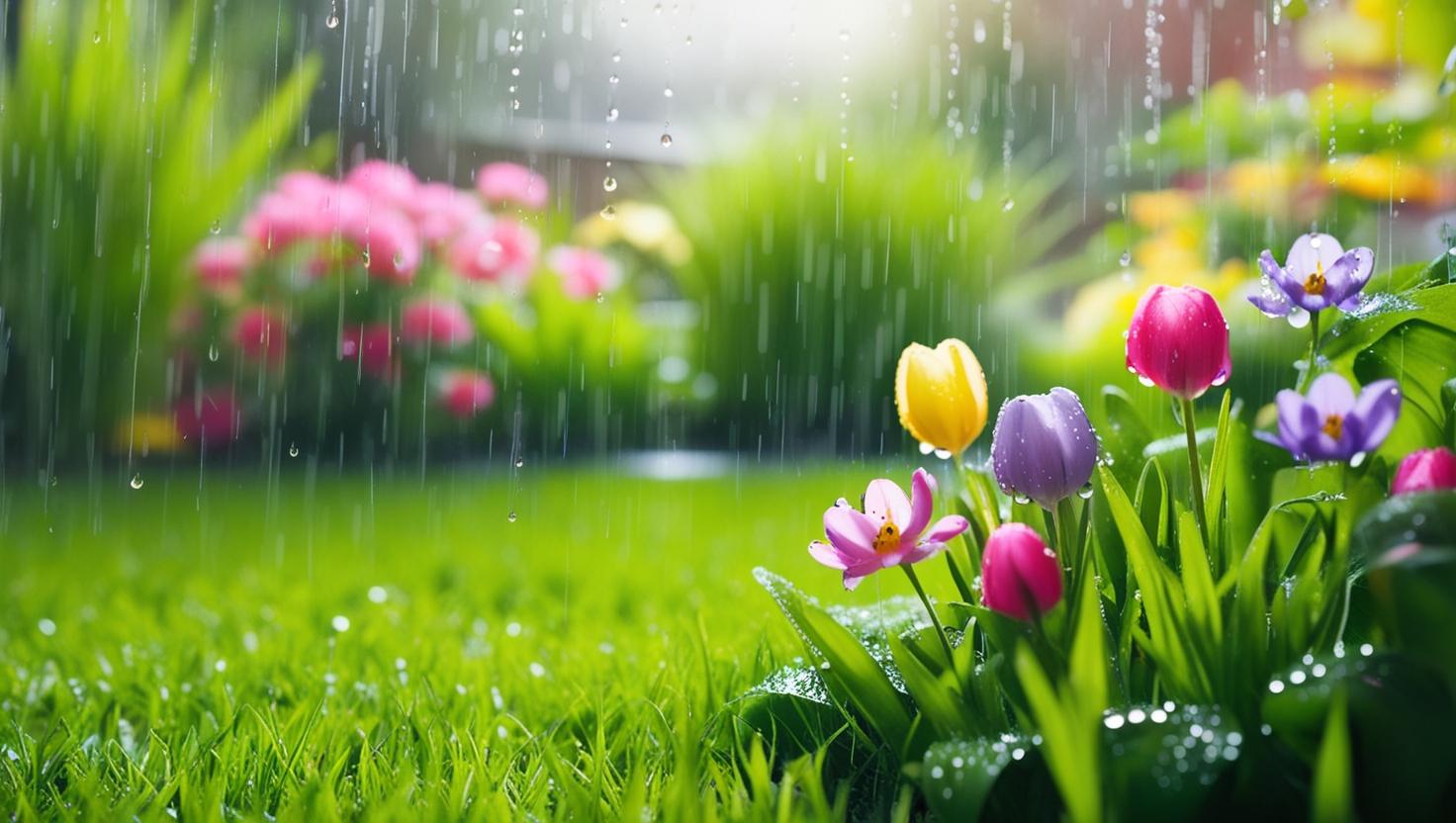As spring unfolds, homeowners face a unique set of plumbing challenges. The season's characteristic heavy rains, coupled with occasional dips below freezing, can significantly impact your home's plumbing system. Understanding these potential issues and taking proactive measures can help prevent costly repairs and maintain the integrity of your home's infrastructure.
1. Leaky Pipes Due to Freeze-Thaw Cycles
The fluctuating temperatures of early spring can cause water within your pipes to freeze during cold spells and thaw as temperatures rise. This freeze-thaw cycle leads to the expansion and contraction of pipes, potentially resulting in cracks or leaks. Even minor leaks can escalate into significant water damage if left unaddressed.
Preventative Measures:
Insulate Exposed Pipes: Ensure that pipes in unheated areas, such as basements, attics, and garages, are properly insulated to minimize the risk of freezing.
Maintain Consistent Indoor Temperatures: Keep your home heated to at least 55°F, even when you're away, to prevent interior pipes from freezing.
Seal Drafts: Identify and seal any drafts near pipes to prevent cold air from causing localized freezing.
2. Sewer Line Backups from Saturated Soil
Heavy spring rains can oversaturate the ground, increasing pressure on underground sewer lines. This pressure can lead to misalignments, cracks, or even collapses, resulting in sewage backups into your home—a situation that poses serious health hazards and requires immediate attention.
Preventative Measures:
Install a Backwater Valve: This device prevents sewage from flowing back into your home during periods of heavy rain.
Regular Sewer Line Inspections: Schedule annual inspections to detect and address potential issues before they escalate.
Proper Landscaping: Avoid planting trees or large shrubs near sewer lines to prevent root intrusion, which can exacerbate existing vulnerabilities.
3. Clogged Drains from Spring Debris
Springtime often brings an influx of debris, such as pollen, leaves, and dirt, which can accumulate in your home's drainage system. Combined with increased rainfall, these blockages can lead to slow drains or overflows, causing water damage and potential mold growth.
Preventative Measures:
Install Drain Screens: Use screens over drains to catch debris and prevent it from entering your plumbing system.
Regular Cleaning: Periodically flush drains with hot water and a mild cleaning solution to prevent buildup.
Professional Drain Cleaning: Consider scheduling a professional drain cleaning service to ensure your system is clear and functioning optimally.
4. Water Heater Strain from Temperature Variations
The transition from cold to warmer temperatures can place additional strain on your water heater as it works harder to maintain consistent water temperatures. This increased demand can reveal underlying issues or reduce the appliance's efficiency.
Preventative Measures:
Annual Maintenance: Schedule a professional inspection and maintenance service for your water heater to ensure it's operating efficiently.
Temperature Settings: Set your water heater thermostat to 120°F to balance comfort and energy efficiency.
Flush the Tank: Regularly flush your water heater to remove sediment buildup, which can impede performance.
Conclusion
Spring's arrival brings not only blooming landscapes but also potential plumbing challenges due to heavy rains and fluctuating temperatures. By proactively addressing these issues through preventative maintenance and timely inspections, you can safeguard your home against water damage and ensure a smoothly functioning plumbing system throughout the season. If you require professional assistance or have concerns about your home's plumbing, don't hesitate to contact Applause Plumbing and Heating for expert guidance and service.


